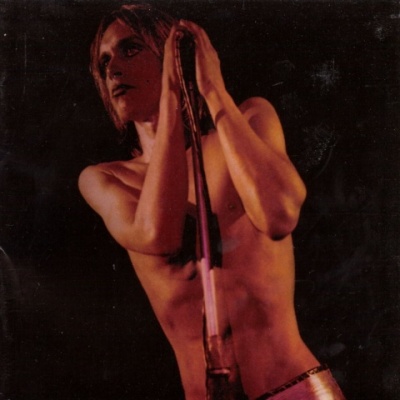
Raw Power
朋克教父Iggy Pop和百变天王David Bowie强强联合的Stooges在1973年推出的一张朋克专辑。这张专辑从未被主流市场认可,但在早期朋克运动中却扮演了教科书似的角色,成为无数人争相效仿和试图超越的对象。Iggy Pop说,有David Bowie在,不顺利的时候他不会郁闷得只想睡觉,而总能想到解决的办法,可见二人相得益彰。 这张专辑在滚石杂志选出的500张历代最强专辑中排名第125位。 In 1972, the Stooges were near the point of collapse when David Bowie's management team, MainMan, took a chance on the band at Bowie's behest. By this point, guitarist Ron Asheton and bassist Dave Alexander had been edged out of the picture, and James Williamson had signed on as Iggy's new guitar mangler; Asheton rejoined the band shortly before recording commenced on Raw Power, but was forced to play second fiddle to Williamson as bassist. By most accounts, tensions were high during the recording of Raw Power, and the album sounds like the work of a band on its last legs -- though rather than grinding to a halt, Iggy & the Stooges appeared ready to explode like an ammunition dump. From a technical standpoint, Williamson was a more gifted guitar player than Asheton (not that that was ever the point), but his sheets of metallic fuzz were still more basic (and punishing) than what anyone was used to in 1973, while Ron Asheton played his bass like a weapon of revenge, and his brother Scott Asheton remained a powerhouse behind the drums. But the most remarkable change came from the singer; Raw Power revealed Iggy as a howling, smirking, lunatic genius. Whether quietly brooding ("Gimme Danger") or inviting the apocalypse ("Search and Destroy"), Iggy had never sounded quite so focused as he did here, and his lyrics displayed an intensity that was more than a bit disquieting. In many ways, almost all Raw Power has in common with the two Stooges albums that preceded it is its primal sound, but while the Stooges once sounded like the wildest (and weirdest) gang in town, Raw Power found them heavily armed and ready to destroy the world -- that is, if they didn't destroy themselves first.

